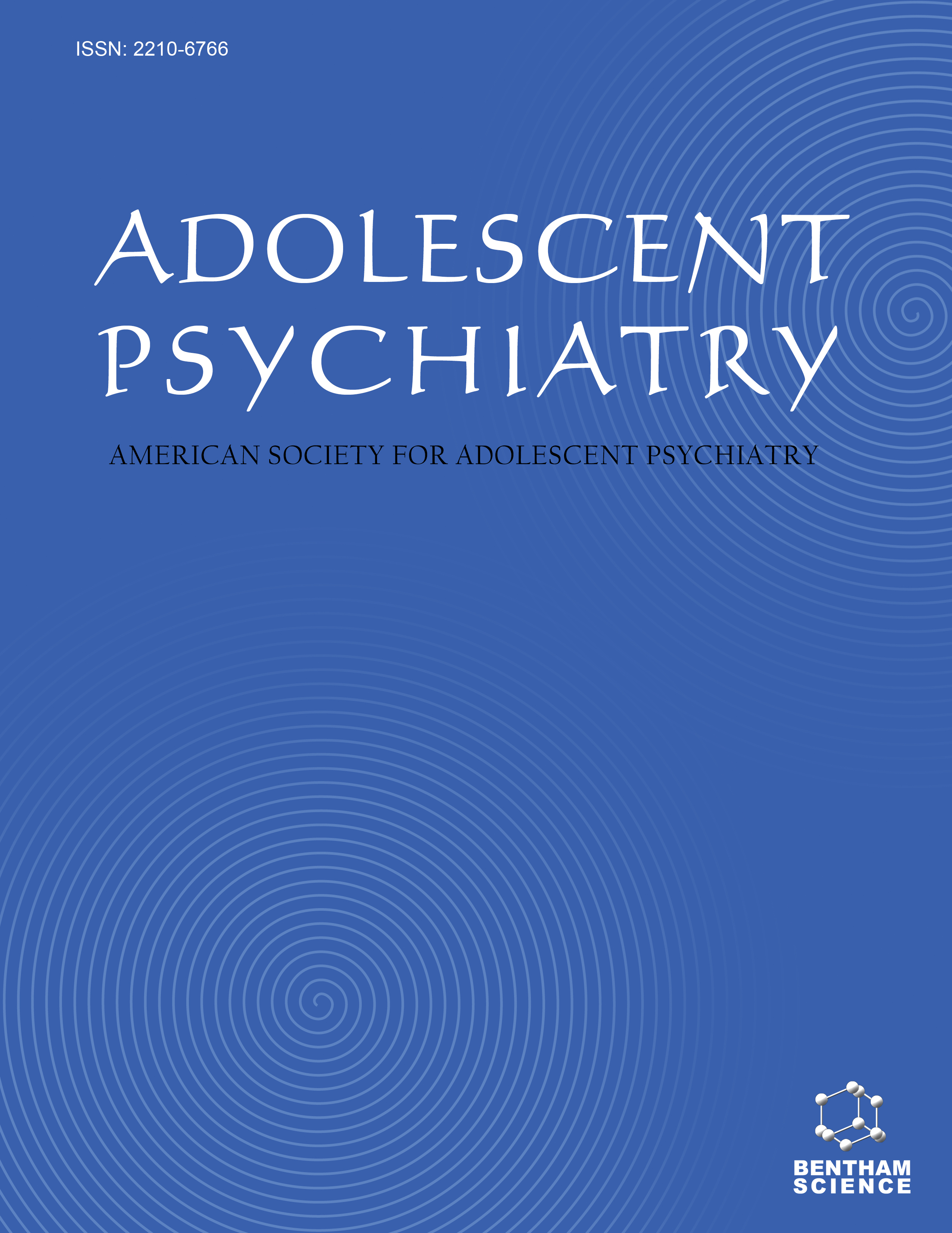-
s Mentalizing Mediates the Association Between Childhood Maltreatment and Adolescent Borderline and Narcissistic Personality Traits
- Source: Adolescent Psychiatry, Volume 8, Issue 3, Dec 2018, p. 156 - 173
-
- 01 Dec 2018
Abstract
Background: Childhood maltreatment is theorized to undermine the development of mentalizing and to disrupt the consolidation of healthy narcissism and the integration of personality at the level of affect and interpersonal regulation. Consistent with this, mentalizing can be expected to mediate the relationship between childhood maltreatment and vulnerable and grandiose narcissism as well as borderline personality traits, but this has not been examined in adolescents. Objective: The aim of this study was to examine associations between childhood maltreatment and adolescent personality disorder traits and test the mediating role of mentalizing in a sample of 263 adolescents and young adults aged 12 to 21. Methods: Participants recruited from schools and a tertiary institution completed the Childhood Experiences of Care and Abuse Questionnaire (CECA-Q), the Borderline Personality Features Scale for Children (BPFS-C), the Pathological Narcissism Inventory (PNI) and the Reflective Function Questionnaire for Youth (RFQ-Y). Results: Adolescents with histories of sexual and physical abuse reported significantly more borderline personality features, as well as vulnerable and grandiose narcissism. They also reported signficantly more mentalizing difficulties including confusion regarding mental states and excessive certainty regarding mental states of others. Confusion regarding mental states partially mediated the relation between emotional abuse and borderline personality traits, as well as vulnerable and grandiose narcissism. Excessive certainty regarding the mental states of others mediated the relationship between childhood experiences of role reversal and grandiose narcissism. Conclusion: The findings are consistent with a mentalization model of adolescent personality difficulties and show that the relation between childhood maltreatment and personality disorder traits in adolescents may be in part understood in terms of the impact of such experiences on different dimensions of mentalizing.


